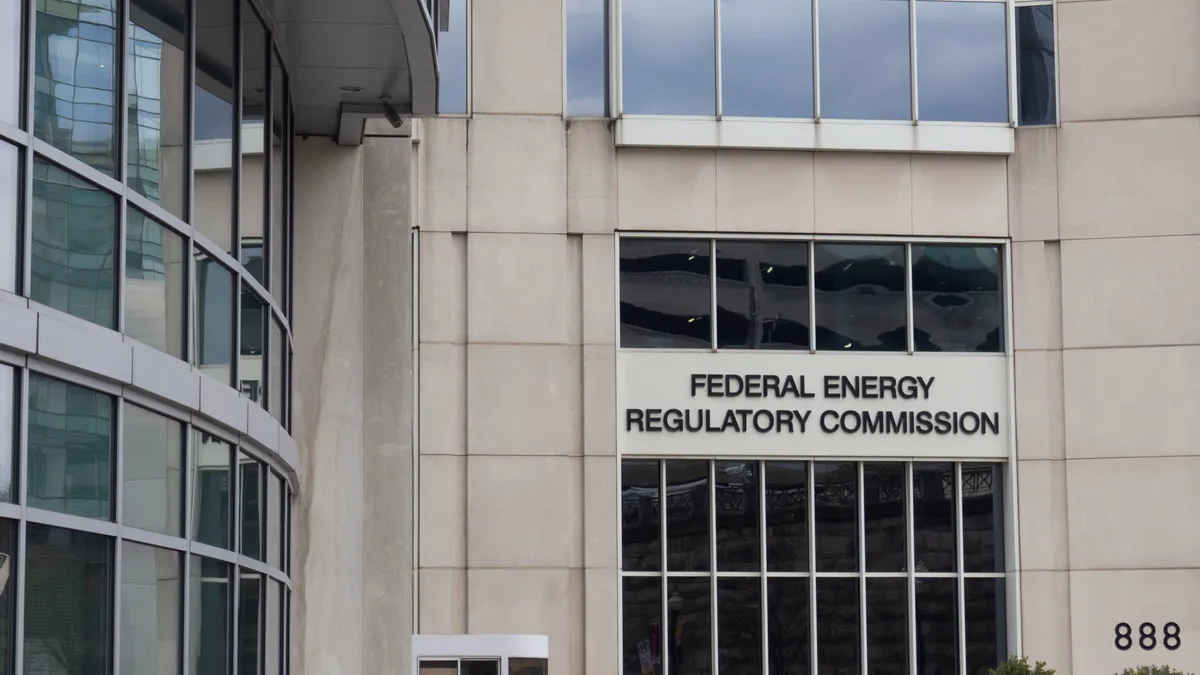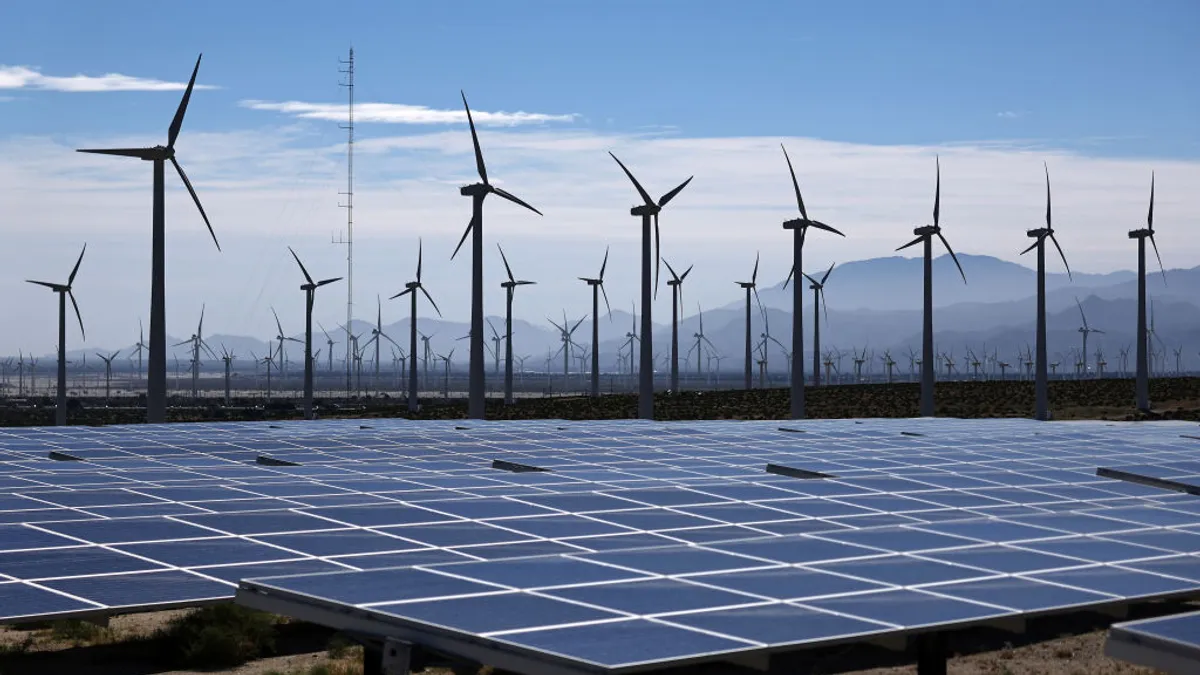Dive Brief:
-
The city council of Washington, D.C. unanimously voted to approve a 100% renewable energy mandate by 2032, which would put the federal district on a faster path than any U.S. state to achieve the ambitious clean energy goal.
-
The "Clean Energy DC Omnibus Amendment Act of 2018" would increase fees on fossil fuel resources, set up building energy efficiency standards, establish vehicle electrification incentives and strengthen low-income bill programs. The "biggest question" going into the vote was how utility ownership of generation assets would be defined in the bill, Mike Healy, CEO of New Columbia Solar, told Utility Dive.
- The bill carves out a solar mandate requiring 10% of the district's electricity come from local solar generation by 2041, while the rest of the city's power would come from purchased renewable energy credits (RECs). The District has used RECs to meet previous clean energy goals, and solar within the District currently makes up just over 1% of generation, according to Healy.
Dive Insight:
The D.C. bill would set a 100% renewable energy goal sooner than other states, including New York's 100% carbon-free by 2040 goal, pledged Monday, and Washington state's 100% clean energy by 2045, pledged the week before.
"The 100% clean, renewable energy requirement by 2032 is nearly a decade sooner than any other state in the country and is what we need to do from a climate protection perspective," Mark Kresowik, eastern region deputy director of the Sierra Club's Beyond Coal campaign, told Utility Dive Tuesday.
Before the bill was approved, a last minute amendment was added to clarify language prohibiting utility Pepco from owning clean energy assets, including energy storage, which stakeholders worried could deter private investment.
"Enabling the utility and [its parent] Exelon to actually own assets seems like it's taking a step backwards because it will delay or potentially prohibit the investment in solar and storage and new clean technologies from the private sector, but also enable Exelon to rate businesses," Healy told Utility Dive before the vote.
Outside of the solar carve-out, the new law also mandates the rest of D.C.'s power come from the PJM electricity market. That's "a change and an improvement on D.C.'s previous policy," which had included adjacent states, said Kresowik, who worked closely on the clean energy bill.
The bill also addresses affordable housing issues and passes an energy efficiency standard for existing large buildings that is "the first in the nation … and will save tenants and businesses lots of money as it moves forward," according to Kresowik.
Cheap solar installations will be used to combat the problem affordable housing and address the "23,000 residents in the District of Columbia that cannot pay for their electricity 12 months of the year," said Healy.
The bill was passed the same day nine Northeast states and the District of Columbia agreed on a regional greenhouse gas emission cap on transportation, a "perfect example" of states and cities stepping up "in the face of rollbacks of public health and environmental protections at the federal level," said Kresowik.
Mayor Muriel Bowser can now sign the measure, veto it, or let it become law without her signature, though the unanimous vote of the 13-member Council means it could override a veto.














